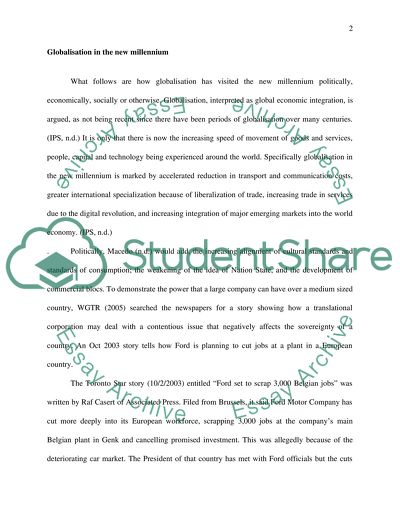Cite this document
(“International business Essay Example | Topics and Well Written Essays - 2500 words - 3”, n.d.)
Retrieved from https://studentshare.org/miscellaneous/1535563-international-business
Retrieved from https://studentshare.org/miscellaneous/1535563-international-business
(International Business Essay Example | Topics and Well Written Essays - 2500 Words - 3)
https://studentshare.org/miscellaneous/1535563-international-business.
https://studentshare.org/miscellaneous/1535563-international-business.
“International Business Essay Example | Topics and Well Written Essays - 2500 Words - 3”, n.d. https://studentshare.org/miscellaneous/1535563-international-business.


